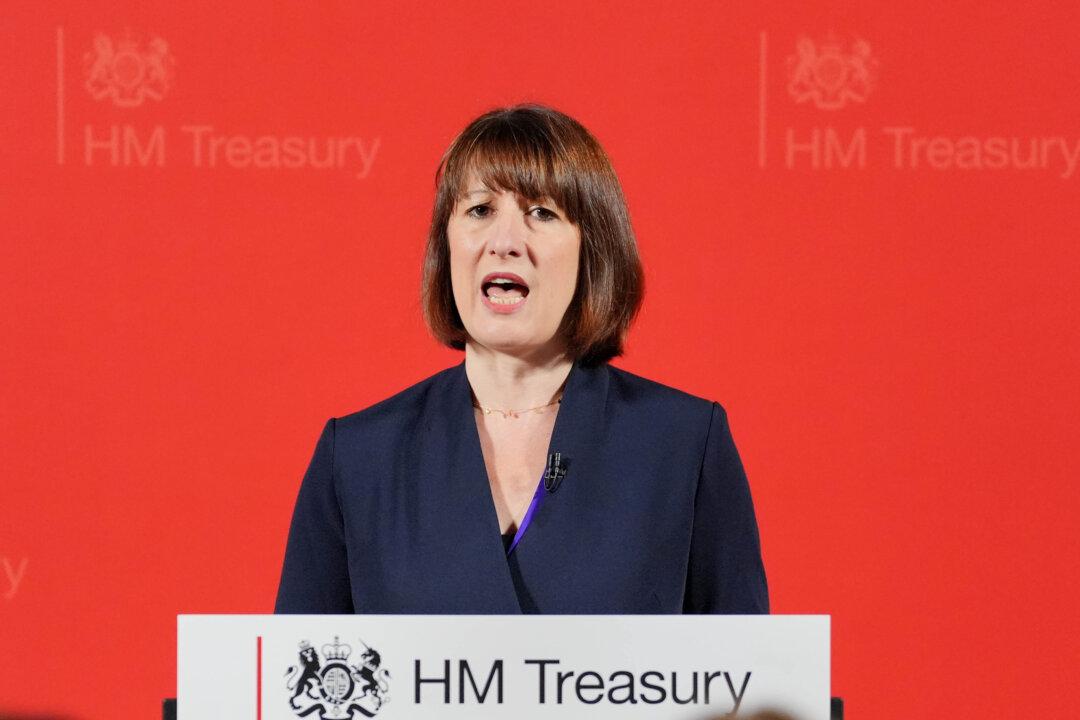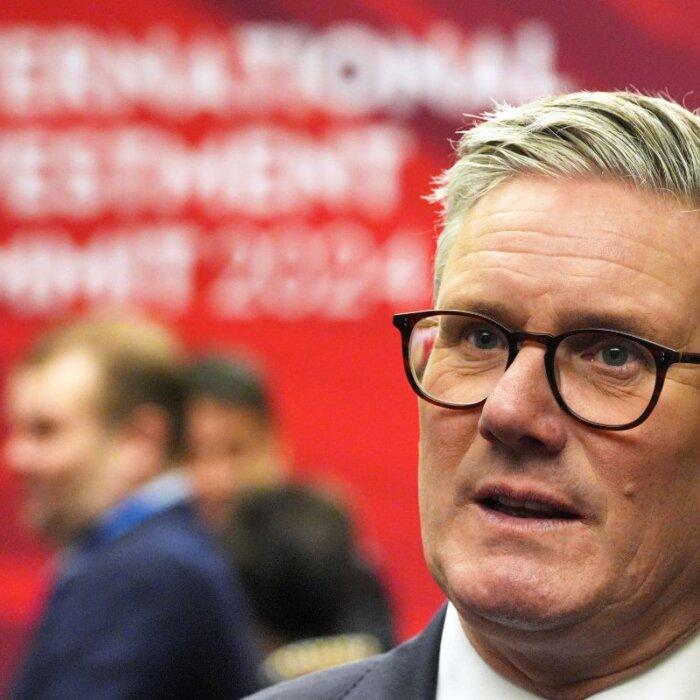Central government spending has been recorded at £79.6 billion, exceeding the forecasts by the Office of Budget Responsibility (OBR) and coming in as a fiscal challenge for the Treasury ahead of the October Budget.
Six months into the fiscal year, central government spending was £1.2 billion more than a year earlier, and the highest September borrowing since 1993.
The vast majority (£9.7 billion) of central government overspending comes from spending on goods and services, higher pay and local government running costs.
The extent of the overspend aligns with the government’s stance that public finances are grappling with a £22 billion “black hole.”
Chancellor Rachel Reeves has vowed to “fix the foundations” of the UK economy, but this comes amid government warnings of a “painful” Budget. Labour has stressed that it has to take “difficult decisions” to get public finances in order.
The impact on borrowing was partly offset by lower benefit payments by the government. The ONS reported a decrease in paid benefits by £2 billion, down to £25.7 billion.
The drop was driven by recent cuts to winter fuel payments.
Elsewhere, the UK’s public sector net debt—the most widely used measure of the country’s public sector’s financial position at a point in time—was estimated at 98.5 percent of GDP.
The figure excludes state ownership in banks.
“Expressing net debt as a ratio of gross domestic product (GDP) ... gives an estimate of its affordability and provides a more thorough and reliable measure for comparison of the UK’s fiscal position over time,” the ONS said.
Taxes and Investment
Higher debt interest and public sector pay rises drove the increase in spending, despite higher tax revenue received by the government.Compared with OBR projections, tax receipts were £4.9 billion higher in the six months to September.
Revenue from income tax, corporation tax and VAT receipts increased by £18.9 billion to £372.6 billion. Reduction in National Insurance payments drove the £5.2 billion drop in compulsory social contributions, down to £82.1 billion.
Overall, the government saw a £16.4 billion increase in revenue, compared with the same period last year.
Senior Economist at the Resolution Foundation, Cara Pacitti, said: “Six months into the financial year, Britain is borrowing £6.7 billion more than expected at the time of the Budget in March. This reflects central government spending which is £11.5 billion higher than anticipated, largely due to public sector pay rises and higher running costs.
“Today’s data highlights the scale of the public finances challenges facing the chancellor as she grapples with overspending today, the need to avoid austerity in the future, and having to fund extra public service spending through tax rises.”
Economists expect Reeves to announce tax hikes to pay for day-to-day spending and tweak her fiscal rule to boost investment. This month, the government has secured £63 billion of private investment, announced at the International Investment Summit.
The funding is crucial to Labour’s mission of delivering economic growth and has been described as a “a sign of the confidence in the British economy” by Reeves.
“And it matters because it will support the growth of businesses big and small across the U.K. Helping them create new jobs and making people better off,” Reeves said.







